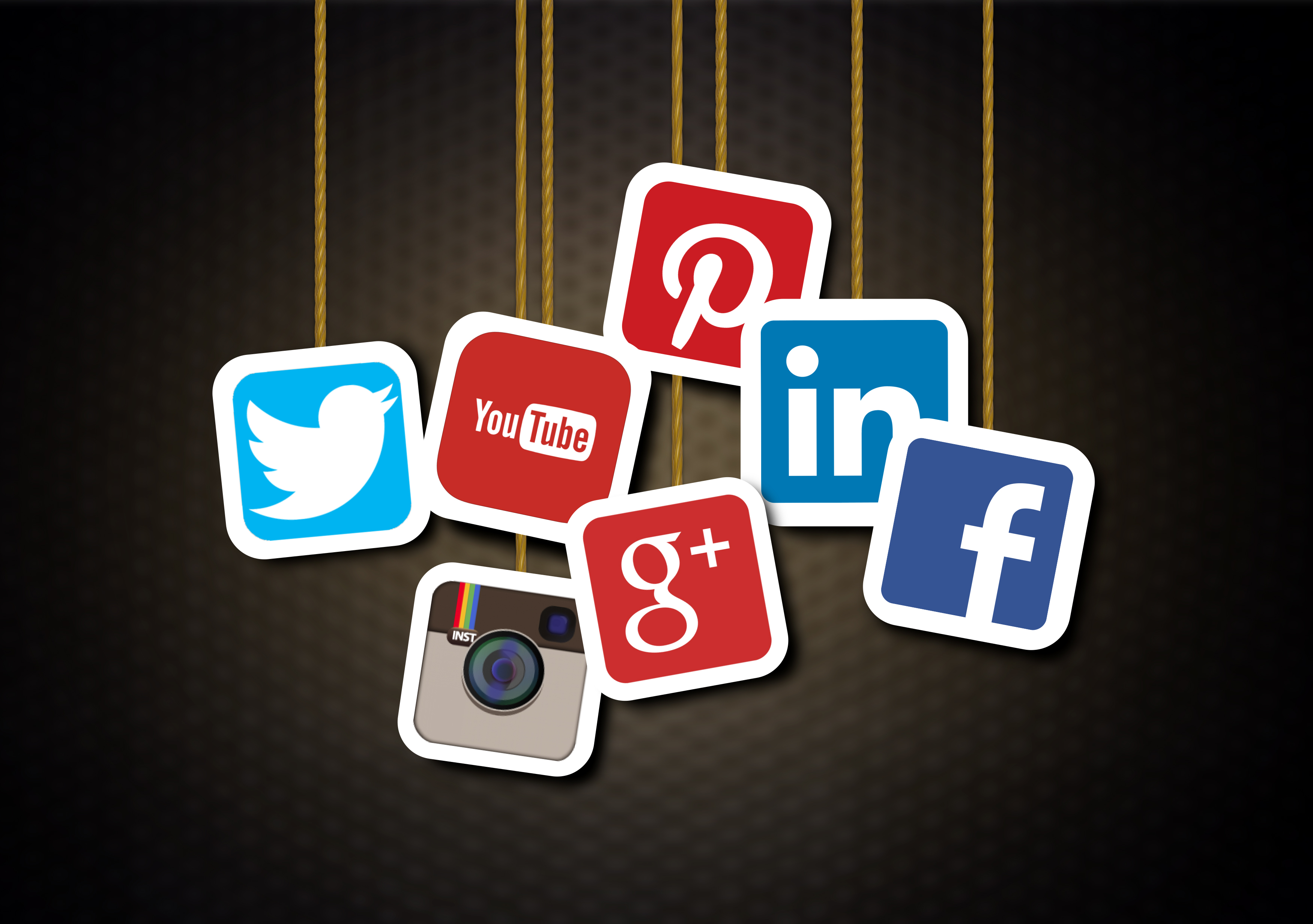Social media in healthcare is no new thing. These days, many healthcare professionals use different social media tools to communicate, connect, and share information with the patients as well as their peers. Moreover, healthcare is not untouched by the ever-growing social media marketing.
Social Media and Healthcare: How Healthcare Professionals are Joining the League?
The wave of social media is transforming how healthcare professionals communicate with their patients or colleagues. They can use the tools to:
- Share information.
- Debate on health care policy.
- Promote health behaviors.
- Engage with the public.
- Educate and interact with patients, caregivers, students, and colleagues.
The cumulative effect of all these practices is that you can expect an improved care and increased health awareness among the general people.
The number of physicians using social media has increased significantly in the recent years. In most cases, the physicians prefer to join online communities where they can get the latest healthcare news, discuss a case with experts and consult colleagues about the cases they are handling. Moreover, social media can be an effective tool for a real-time communication between the doctor and a patient.
According to a survey by QuantiaMD, 65% of physicians use social media sites for professional activities.
How Health Professionals Can Use Social Media to Drive Better Health Care
Professional Networking
This is by far the biggest advantage you can get. Using different platforms, professionals from a wide variety of practice can discuss a health issue in real time. For example, if a patient’s diagnosis is not clear, the physician-in-charge can take help from an expert using tools like instant messaging or online community. Notably, these tools limit the access only to health professionals, which further adds value to the information shared. Apart from patients issues, professionals can also discuss work ethics, policies, career strategies, and various aspects of practice management. One key example of professional networking is “crowdsourcing”. In crowdsourcing, the participants not only share their specific knowledge but also make is usable to another professional who needs it. Luckily, all these can be done in real time.
Professional Education
By adopting new trends in health education, universities can cater high-quality education to the future health professionals. Universities can use social networking to enhance a medical student’s communication skills, professionalism, and professional ethics. Moreover, virtual classrooms and office hours provide a unique learning experience to the budding professionals.
Patient Care
Unlike the other two ways mentioned above, patient care using social networking tools is a bit complicated. This is because many health professionals and facilities are not willing to fully embrace social media tools for a direct patient care. For this reason, the number of hospitals using social media is a bit low. Nonetheless, this trend is changing gradually and we can expect to see more professionals becoming a part of the amalgamation between health care and internet technology.
According to recent studies, more and more physicians have started to interact with patients using online tools. The major activities involved in patient care through social media are patient education and health monitoring. Both of these are expected to enhance behavioral changes and drug adherence among the patients.
Proper use of social media can enhance patient satisfaction, a key measure of health service quality, as patients can spend more time talking to their physicians.
Patient Education
Patient education is an indispensable part of a quality healthcare system. Considering the sharp rise of chronic illnesses, it is critically important that patients are well educated about the preventive actions. Where do the patients go whenever they need a health information? Of course, they google it. Because health is a sensitive issue, an information in Google may not be sufficient or even harmful.
For this reason, a professionally operated social media platform can act as a reliable source of health information. In the US, nearly 75% of internet users use social media searching for health-related information. By using social media, patients can get reliable information from the virtual communities they have joined.
Moreover, physicians can tweet, post health blogs, record videos and make these resources available to patients by using social media.
The Bottom Line
It is a welcome sign that US healthcare is using social media like never before. However, like with every power comes a responsibility, the use of social media also has some inherent risks. For example, damage to professional image, privacy breaches, violation of HIPAA law and other legal issues.
Thus, every member of the healthcare system should be aware of the guidelines provided by their respective organizations about the safe use of social media in healthcare.


